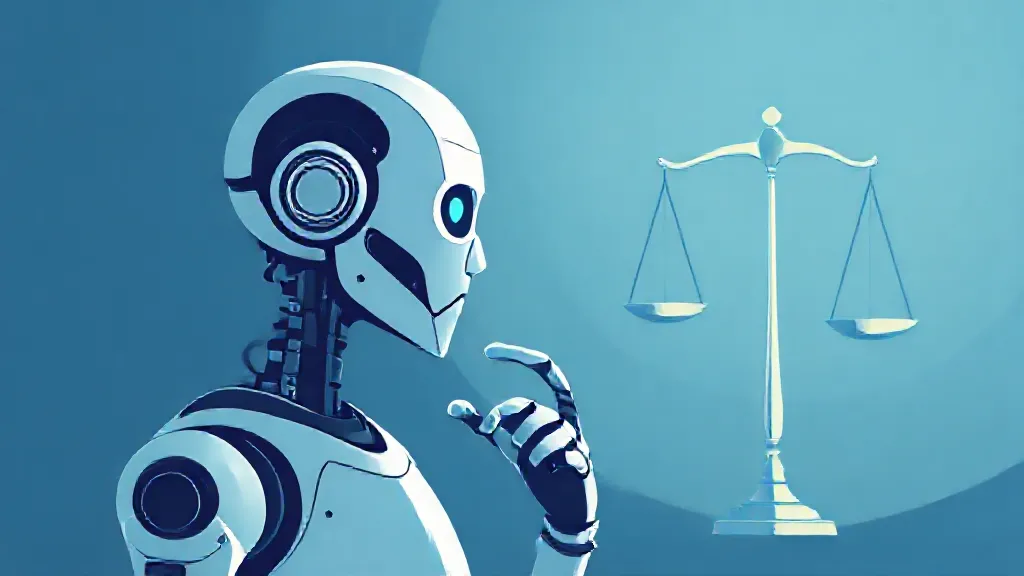Artificial Intelligence (AI) has rapidly evolved, becoming an integral part of various sectors, from healthcare to autonomous vehicles. As AI systems become more autonomous and influential, the question of how these technologies handle ethical decisions has gained prominence. This article delves into the complexities of AI ethics, exploring the frameworks, challenges, and implications of enabling machines to make moral choices.
Understanding AI Ethics
AI ethics encompasses the moral implications and responsibilities associated with the design, development, and deployment of AI systems. It raises critical questions about accountability, transparency, and the potential for bias in algorithms. As AI systems are often trained on large datasets, any biases present in the data can lead to biased outcomes, impacting decisions in areas such as hiring practices, law enforcement, and credit scoring.
Understanding these ethical considerations is essential for developers and stakeholders to create fair and just AI technologies.
Frameworks for Ethical Decision-Making
Several frameworks have been proposed to guide ethical decision-making in AI. One prominent model is the Utilitarian approach, which advocates for actions that maximize overall happiness and minimize suffering.
This principle can be challenging to implement, as it requires quantifying human emotions and outcomes, which are often subjective. Another framework is the Deontological approach, which focuses on adherence to rules and duties regardless of the consequences. This approach can conflict with utilitarian principles, highlighting the complexities involved in programming ethical decision-making into AI.
The Role of Machine Learning
Machine learning, a subset of AI, plays a crucial role in how ethical decisions are made. Algorithms learn from data patterns, and their ability to make decisions is based on the quality and diversity of the training data. If the data reflects societal biases or lacks representation, the AI's decisions may perpetuate these issues.
For instance, facial recognition technology has faced criticism for its inaccuracies in identifying individuals from minority groups, raising concerns about fairness and discrimination. Addressing these challenges requires ongoing efforts to ensure diverse and representative datasets.
Case Studies in AI Ethics
Real-world applications of AI highlight the ethical dilemmas faced by developers and organizations.
In healthcare, AI algorithms are increasingly used for diagnostics and treatment recommendations. However, if these systems are not transparent or accountable, they may lead to mistrust among patients and healthcare providers. A notable example is the use of AI in predictive policing, where algorithms analyze crime data to allocate police resources.
Critics argue that this approach can reinforce systemic biases, leading to over-policing in certain communities. These case studies underscore the importance of ethical considerations in AI deployment.
The Human Element in AI Ethics
While AI systems can process vast amounts of data and make decisions quickly, the human element remains vital in ethical considerations.
Developers, policymakers, and users must engage in discussions about the implications of AI technologies. This collaboration can help establish guidelines and regulations that prioritize ethical standards. Additionally, involving ethicists and social scientists in the development process can provide valuable insights into the societal impact of AI technologies.
Challenges in Implementing Ethical AI
Implementing ethical AI is fraught with challenges, including the lack of standardized regulations and the rapid pace of technological advancement. Many organizations struggle to keep up with the evolving landscape of AI ethics, leading to inconsistent practices. Furthermore, the complexity of AI systems makes it difficult to audit and ensure compliance with ethical standards.
As a result, there is an urgent need for comprehensive frameworks that can adapt to the fast-changing nature of AI technologies.
Future Directions in AI Ethics
Looking ahead, the future of AI ethics will likely involve increased collaboration between technologists, ethicists, and policymakers. As AI continues to permeate various aspects of life, establishing ethical guidelines and accountability mechanisms will be crucial.
Emerging technologies, such as explainable AI, aim to enhance transparency by providing insights into how decisions are made. This approach can help build trust among users and stakeholders, paving the way for responsible AI deployment.
Conclusion: The Path Forward
In conclusion, the intersection of AI and ethics presents both challenges and opportunities.
As AI systems become more prevalent, understanding how they handle ethical decisions is paramount. By fostering interdisciplinary collaboration and prioritizing ethical considerations in AI development, we can navigate the complex landscape of morality in technology. Ensuring that AI serves humanity positively requires a concerted effort to address the ethical implications of these powerful tools, ultimately shaping a future where technology aligns with our shared values.
